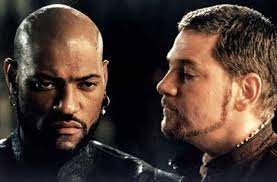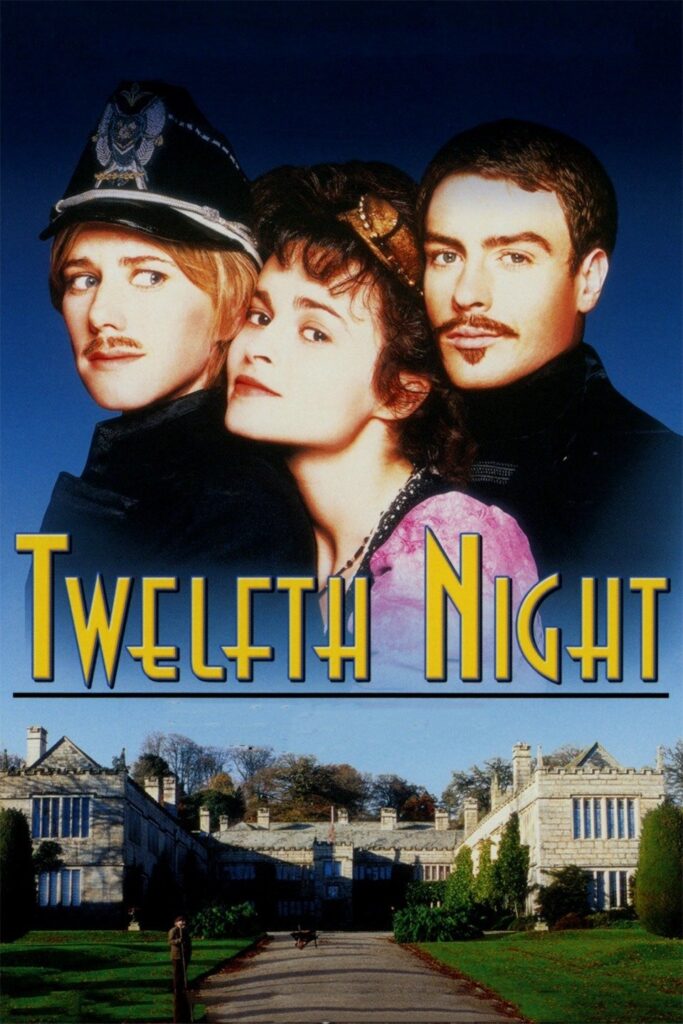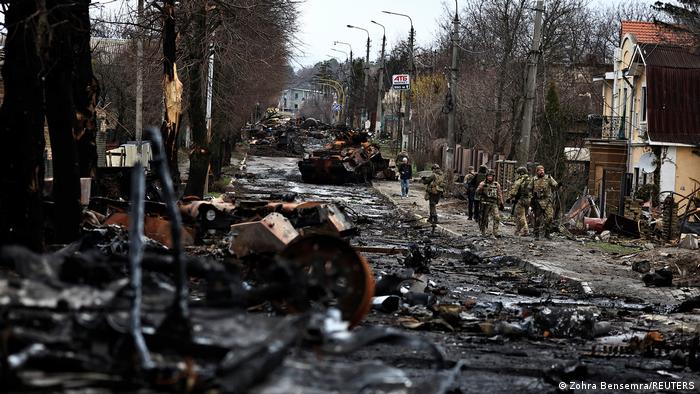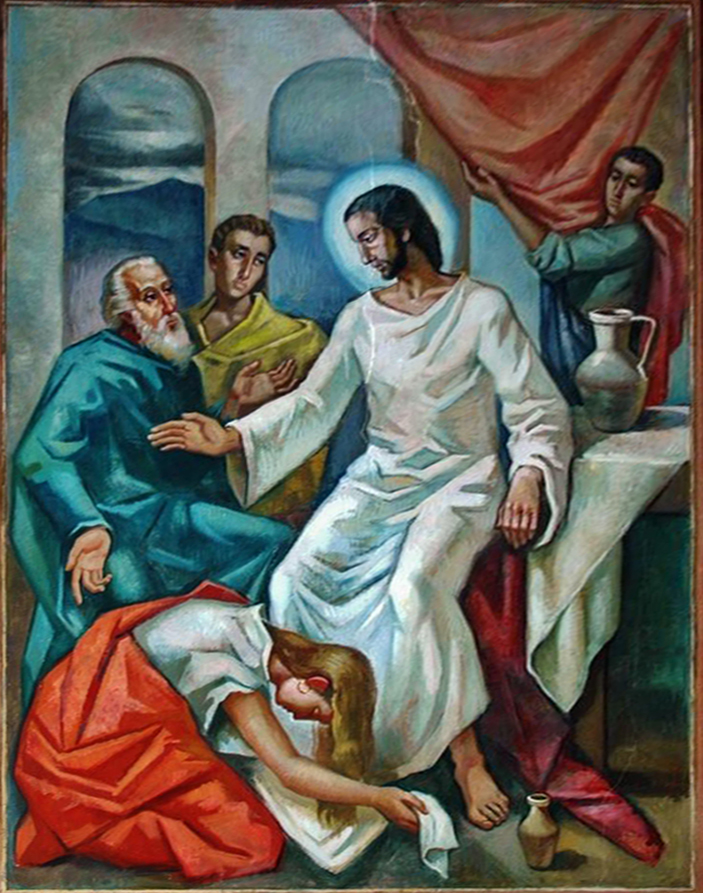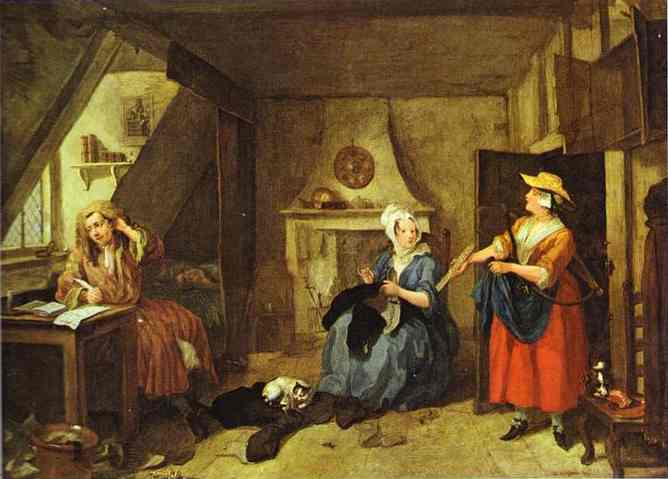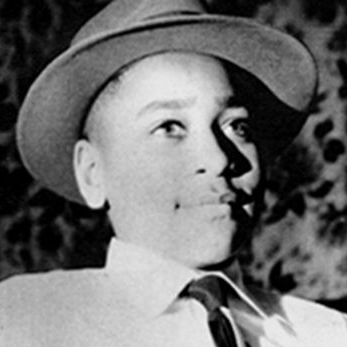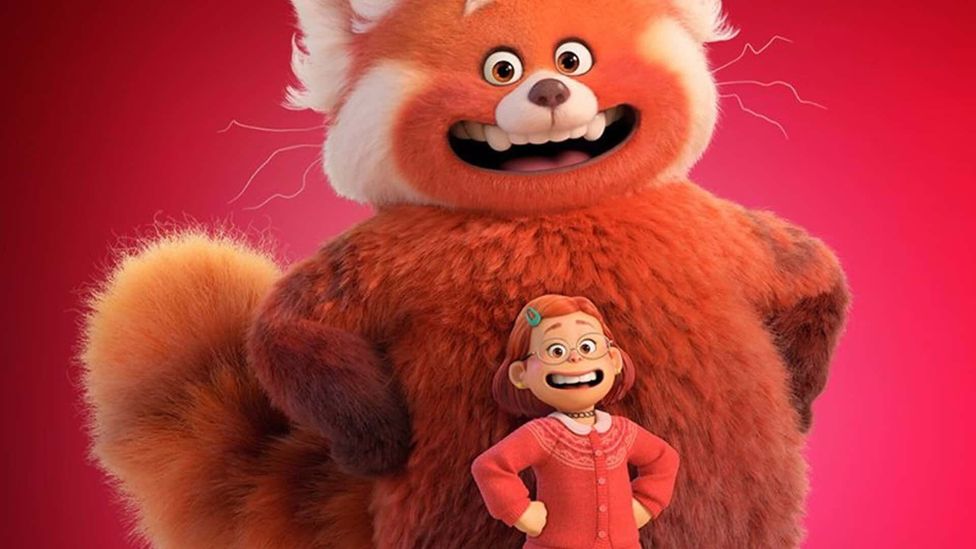Thursday
Yesterday I reported on my Sewanee students writing about Twelfth Night so today I turn to those writing about Othello, the other option. Here again most of them focused on relationship issues. But whereas with Twelfth Night their focus was on how relationships can be saved, with Othello they mostly wrote about why relationships fall apart. That’s not a bad way to contrast comedy with tragedy.
Their decision to write about relationship issues isn’t surprising. They are still at the age where, according to psychologist Eric Erickson, they are wrestling with issues of identity. Fighting against socially imposed identities in order to discover one’s actual identity is to be expected. In fact, this is why I chose “identity” as the course’s theme. Still, I’ve been impressed at the variety of ways they have been exploring that theme.
Merrit, for instance, wrote about the Iago-Emilia marriage, seeing it as both toxic and all too familiar. Emilia is essentially a doormat wife, handing all her power over to her husband without question. Why else would she steal the fatal handkerchief from her best friend under orders from her husband without asking why? At one point, in a discussion with Desdemona, she says she would sacrifice her honor for her husband if it meant making him the ruler of the world. It’s a hypothetical debate they’re having but reveals that she values submission over honor.
Merrit noted that, by choosing such a wife, Iago reveals his own masculine insecurities, which help explain his evil deeds. Because he is not as self-confident as he seems, he marries a submissive wife to feel masculine. (In conference, Merrit and I discussed how his constant insults of women, while supposedly delivered in jest, may reveal this underlying insecurity.) In fact, Merrit noted that the one time we see Iago lose his composure is when his wife, realizing how her husband has destroyed Desdemona, stands up to him, revealing his perfidy. At that point he stabs her in front of witnesses, an uncharacteristic move given how secretive he normally is. His extreme reaction may reveal just how threatening to his manhood he finds her rebellion. She, meanwhile, reveals that she has some integrity after all, even though it costs her her life. She will not, in the last instance, whore herself for her husband.
Another student, Brooke, tackled the Othello-Desdemona marriage and concluded that, even had Iago not intervened, it was probably doomed from the start. The marriage involves the exchange of two fantasies that reality cannot sustain, Brooke argued. On the one hand, Desdemona fantasizes about the warrior life, which contrasts with her own sedentary existence. Othello is her opportunity to escape from her controlling father into what she sees as an exotic alternative. Othello, for his part, is in love with the fact that Desdemona loves him, even though he is a dark outsider. If society can accept their marriage, then he really has overcome the racism of Venetian society.
This means, however, that it’s not difficult to have doubts about her, even without Iago’s insinuations. If he has insecurities about his outsider status, then fears that Desdemona might second guess her choice of him are not far behind. Iago has but to play on these insecurities for the marriage to turn tragic.
I found myself resisting Brooke’s conclusions, wanting to believe in the Desdemona-Othello marriage. I feared her arguments led to the conclusion that interracial marriages in general are doomed from the start. (To be sure, Brooke did not argue this.) I must admit, however, that her essay shook my easy faith in the love match. At the very least, Brooke convincingly showed that, if a relationship has nothing more to it than shallow fantasies, then social obstacles will probably ensure its long-term failure.
For verification of this dynamic, Brooke referenced a popular reality television show. As she put it in her opening paragraph,
While critics slander [The Bachelor] as trash TV, its exploration of relationships, perpetual melodrama, and devastating dose of heartbreak are strikingly similar to Shakespeare’s poetic masterpiece, The Tragedy of Othello, The Moor of Venice. From years of Bachelor Nation fandom and watch parties, I can confidently conclude that the most important ingredients for a recipe of happily ever after are communication, vulnerability, transparency, empathy, trust, and respect. While Othello and Desdemona’s romance is seemingly blissful and uncontentious at the beginning of the play, the couple shortly thereafter disregard the cookbook of love. With dissimilar backgrounds, fantastical perceptions of one another, and divided duties, Othello and Desdemona are unfit for each other; their marriage is unrealistic and destined for failure, even without Iago’s intervention.
My Pakistani student Hamza certainly saw dissimilar backgrounds as a problem, especially the society’s racism. Hamza noted that, in Venetian society as depicted by Shakespeare, Black men are stereotyped as sexual animals, which is why Iago thinks that Othello must have slept with his wife (which he and I find unlikely). Because of the stereotype, Iago feels he is superior to Othello, which makes Othello’s command over him—not to mention Othello’s power to elevate other men over Iago—particularly galling. (Hamza didn’t mention white supremacist rage over Obama’s election but I found myself making the connection.) No wonder Iago wants to take down Othello, along with the woman who has (in his eyes) desecrated herself by marrying him.
In setting up the culture’s racial stereotypes, Hamza quoted Desdemona’s father after learning that she has eloped. Brabantio’s conclusion is that Othello must have employed special African magic:
O thou foul thief, where hast thou stow’d my daughter?
Damn’d as thou art, thou hast enchanted her;
For I’ll refer me to all things of sense,
If she in chains of magic were not bound,
Whether a maid so tender, fair and happy,
So opposite to marriage that she shunned
The wealthy curled darlings of our nation,
Would ever have, to incur a general mock,
Run from her guardage to the sooty bosom
Of such a thing as thou, to fear, not to delight.
Judge me the world, if ’tis not gross in sense
That thou hast practised on her with foul charms,
Abused her delicate youth with drugs or minerals
That weaken motion:
To further make his case, Hamza could have quoted the argument of sexualized racism that Iago uses to convince Roderigo that Desdemona will tire of Othello and he of her. In this vision, women are as driven by lust as men of color:
Iago: It cannot be that Desdemona should long continue her love to the Moor,…nor he his to her: it was a violent commencement, and thou shalt see an answerable sequestration: …These Moors are changeable in their wills:… the food that to him now is as luscious as locusts, shall be to him shortly as bitter as coloquintida. She must change for youth: when she is sated with his body, she will find the error of her choice: she must have change…
To be sure, like those GOP legislators passing anti-LBGTQ laws left and right, the only people talking about sex in the play are the bigots, not Othello and Desdemona.
Another student, Charles, used Iago as an opportunity to figure out why people commit evil acts, always an important topic and one that seems especially relevant at the moment as Russian massacres of Ukrainian civilians come to light. While Charles is still sorting through various explanations, the notion of Iago’s insecurity –and perhaps a fear of being nothing—made its appearance several times in the essay. Perhaps someone who feels a vast emptiness rages against those who appear to have everything. Perhaps Iago believes he will find relief only if he renders those people as miserable as he himself is.
Bo, working with a similar idea, saw jealousy as the determining factor. Interestingly, some of the play’s most memorable passages about jealousy are uttered by Iago. He may be projecting in the following passage:
O, beware, my lord, of jealousy;
It is the green-eyed monster which doth mock
The meat it feeds on; that cuckold lives in bliss
Who, certain of his fate, loves not his wronger;
But, O, what damned minutes tells he o’er
Who dotes, yet doubts, suspects, yet strongly loves!
A final student, Zoe, was struck by the extent to which Iago abuses the trust that others have in him. A very trusting person herself, she set out to understand how it is that people are duped. Should Othello, Desdemona, and their friend Cassio have been able to see through Iago? If not, is she herself fated to be duped by the con artists of the world? We haven’t yet had a chance to discuss her essay, but I want to discuss with her if the victims of Iago’s deceptions are at all responsible for their victimization. What ingredients go into naive trust?
Given that America at present is swarming with liars, grifters, and con artists, it’s a question that urgently needs answers.
